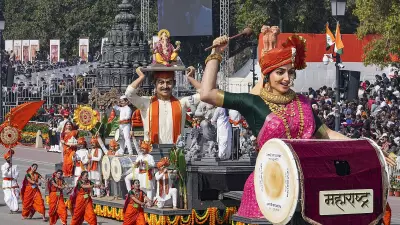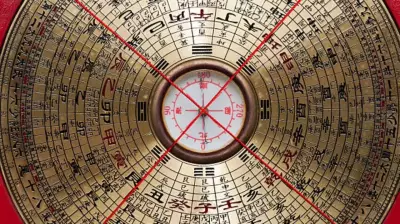
In a thought-provoking critique that challenges the very foundations of modern progress, writer Paul Kingsnorth presents a disturbing question: Has Western civilization's export of technology, market capitalism, and consumerism created a global 'Machine' that's consuming humanity itself?
The Unraveling of the West's Grand Narrative
Kingsnorth observes that the Western world appears to be in visible decline, even as it continues to export its model globally. 'The West is visibly unraveling, yet its model spreads everywhere,' he notes, pointing to the paradox of a civilization exporting its blueprint while struggling internally.
The 'Machine' That Consumes Everything
At the heart of Kingsnorth's argument is what he calls 'the Machine' – a system comprising:
- Global technology networks
- Market capitalism on steroids
- Rampant consumer culture
- Bureaucratic systems of control
This Machine, he argues, doesn't discriminate between cultures. 'It will process your traditional culture, your religion, your landscape, your family, and replace them with shopping and staring at screens,' Kingsnorth warns.
India's Critical Crossroads
For India, this analysis carries particular weight. As one of the world's oldest civilizations now embracing Western technological and economic models, India stands at a critical juncture. The question becomes: Can India adopt technological progress without losing its spiritual and cultural soul?
The Spiritual Vacuum of Modernity
Kingsnorth identifies the core problem as spiritual. The Western model, he suggests, has replaced traditional faiths with what he calls 'the religion of progress' – a belief system that worships economic growth and technological advancement as ultimate goods.
'We took God out of the box and replaced Him with ourselves,' he observes, suggesting that this swap has left modern humanity spiritually adrift while feeding the ever-hungry Machine.
A Warning for Developing Nations
The piece serves as a crucial warning for nations like India that are rapidly modernizing. The unexamined adoption of Western models might come with hidden costs – the erosion of cultural identity, spiritual emptiness, and environmental destruction.
Kingsnorth's work challenges readers everywhere to question: Is what we call 'progress' actually leading us toward fulfillment, or is it creating a global system that ultimately serves the Machine rather than humanity?
As India continues its rapid development, this critique offers a vital perspective on balancing material progress with spiritual and cultural preservation.





